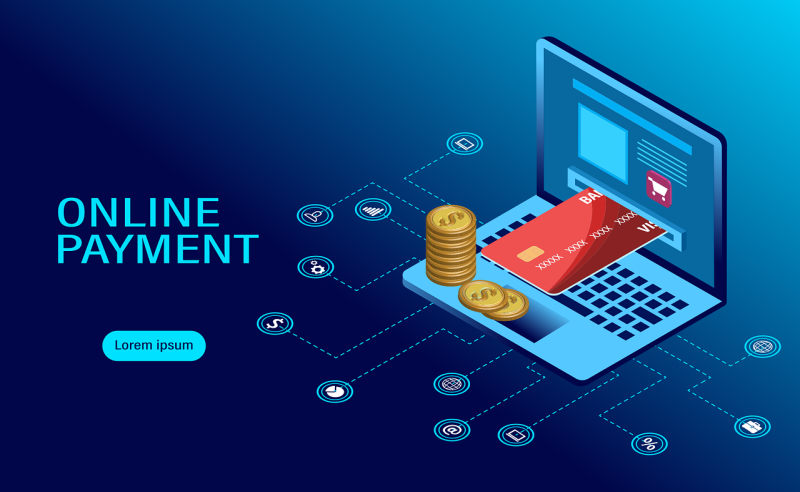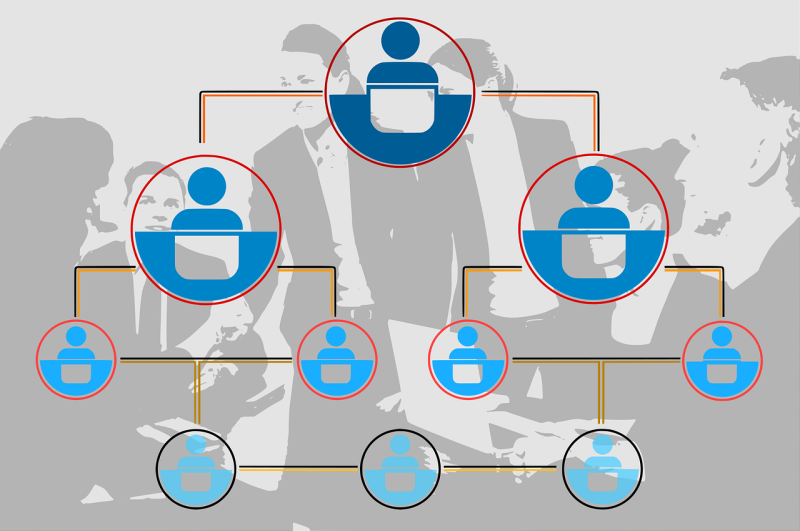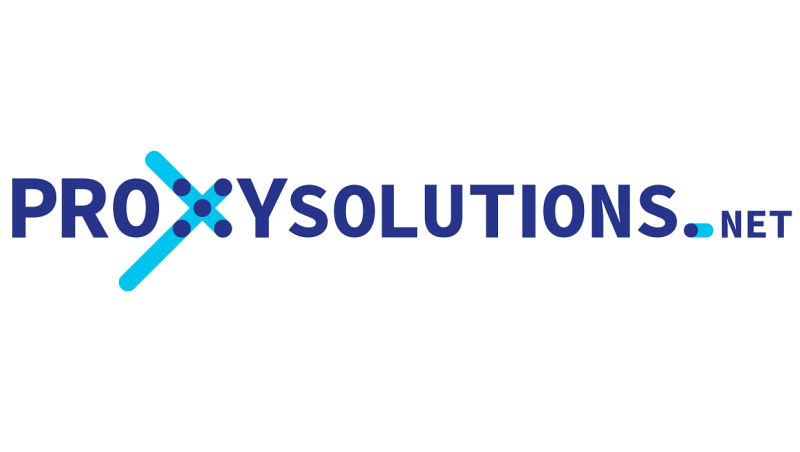
Google Account Stuck on QR Code Verification? How to Fix It (2026)
Following the official launch of Gemini Pro 3.1, Google is accelerating its dominance in the AI sector. From development …
Table of Contents

A proxy server is a tool that routes network requests through itself and replaces the client's real IP address. In a normal connection, the user accesses the website directly, but when using a proxy, the request first passes through an intermediary node and from there is sent to the target resource. The response is returned via the same route. This arrangement allows the external service to see the technical address of the intermediary, not the original IP. This allows you to hide the traffic source, distribute the load, bypass geographic and technical restrictions, and improve connection security.
Paid proxies professional providers typically support standard protocols (HTTP/HTTPS and SOCKS5), multiple authentication methods (username and password or IP), and automatic service activation. Proxy-solutions offers these features by default: addresses become available immediately after payment, and connection speeds reach 100 Mbps, guaranteeing stable operation even in resource-intensive scenarios.

Proxying is in demand in scenarios where companies need to process multiple similar requests and retrieve data from different regions. However, without load balancing and IP redirection, they quickly run into platform limitations, so proxies have become a standard tool for a wide range of applications:
Marketing and media — monitoring ad impressions in different locations, checking targeting settings, testing the user journey after a click; E-commerce and dynamic pricing — collecting information about product range and discounts, tracking product availability, analyzing competitors; SEO and content — checking search results in different regions, analyzing snippets, assessing changes in search algorithms; Social media — managing multiple accounts without the risk of restrictions, promoting campaigns to specific geographic segments; Automation and research — stable data parsing, even load distribution, and systematic URL rotation.
In all these cases, proxies provide the necessary speed, stable sessions, and flexible connection geography, allowing businesses to systematically expand analytics and digital services.
The proxy type is determined by the task: city IPv4 is used for regional analytics, personal proxies are used for logging into personal accounts and interacting with services where binding to a single address is important, packet pools are used for mass parsing, and for social networks and mobile advertising — dynamic mobile proxies . For situations with increased privacy or DPI bypass requirements, solutions that support modern protocols and encryption are suitable, while UDP is suitable for VoIP and gaming.

Proxy-solutions proxies are provided automatically, operate without traffic restrictions, support login and password or IP authentication, and are accompanied by 24/7 support. BuyIPv4 proxy Available in different variants - the line includes several types with different characteristics:
Personal IPv4 proxies — dedicated private addresses reserved for a single user; Package proxies — IPv4 pooled; the price per address decreases as the package size increases, and renewals are only applied to the entire package; Prime proxies — provider and residential addresses; City proxies — IPv4 addresses with fixed geolocation at the selected city and country level; Multi-protocol proxies — options based on Shadowsocks, Trojan+TLS, VLESS+TLS, and SOCKS5; UDP proxies — optimized for UDP traffic with minimal latency; Mobile proxies — dynamic IPv4 from 3G/4G/5G networks; Mobile proxies plus — an extended version with a choice of country, city, and carrier.
This means that all major proxy types are available in a single service, allowing each user to choose the most convenient option.
Proxy-solutions complements its services with administrative tools that make work more flexible. For those planning buy proxies wholesale , it's important that services be easily automated and scalable.
API — a documented interface for automating downloads, renewals, and monitoring, allowing proxies to be integrated into existing pipelines; Network Tools — a subscription that opens the API to additional website services, including a proxy checker and list converter, is free for owners of active proxies; Messenger bots — branded bots in Telegram and Viber for managing services and receiving support without visiting the website. Browser extension — for setting up and managing proxies in browsers. Clients can simply upload their proxies with a click.
All these features simplify use: the platform is easily integrated into projects of any scale and conveniently managed through messengers and other apps.
DuoPlus Cloud Phone
Protect your multiple accounts from being

Following the official launch of Gemini Pro 3.1, Google is accelerating its dominance in the AI sector. From development …

TIRED OF THESE BOTTLENECKS? ❌ Running account farms only to be halted by relentless Captcha triggers? ❌ Grinding on …
No need to purchase multiple real phones.
With DuoPlus, one person can operate numerous cloud phones and social media accounts from a single computer, driving traffic and boosting sales for you.
